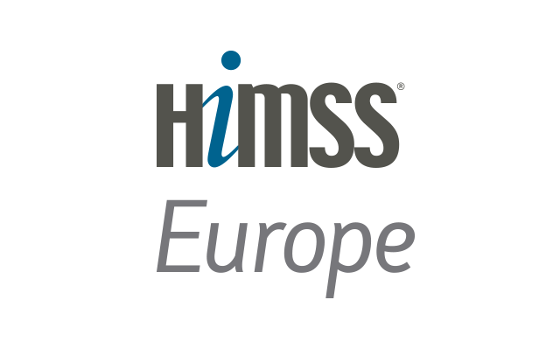 HIMSS Europe is bringing the Kate Granger Awards for Compassionate Care to Europe - to be launched at at the World of Health IT event - an international conference dedicated to health IT. Nominations are open for the first ever European Kate Granger Awards for Compassionate Care - named after an English doctor who worked tirelessly to raise awareness around compassion in healthcare whilst undergoing treatment for cancer.
HIMSS Europe is bringing the Kate Granger Awards for Compassionate Care to Europe - to be launched at at the World of Health IT event - an international conference dedicated to health IT. Nominations are open for the first ever European Kate Granger Awards for Compassionate Care - named after an English doctor who worked tirelessly to raise awareness around compassion in healthcare whilst undergoing treatment for cancer.
Dr Kate Granger, who passed away in July 2016 at the age of 34, launched the awards in England in 2014 to recognise people and organisations that deliver outstanding, patient-centred care.
It was whilst undergoing treatment for cancer that Kate became interested in seeing health and care 'through the eyes of a patient'. Before launching the awards in England, she started the hugely successful #hellomynameis campaign to encourage healthcare professionals to introduce themselves to their patients when they provide care. Kate believed this small gesture can hugely improve a patient’s experience of care.
Now, with the backing of HIMSS and the support of Kate's widower Chris Pointon, colleagues in the rest of Europe have the opportunity to recognise compassionate patient care in the European Kate Granger Awards for Compassionate Care.
The European awards have three categories: individual, team/organisation, and best use of innovation. Nominations will need to show evidence of ambitious and innovative ways of delivering care, excellent leadership and positive impact on patient experience.
Healthcare professionals, patients and members of the public can nominate here: https://surveys.himss.org/Checkbox/Survey.aspx?s=7ee94561dece49bc89e16b7489cf6d05
Winners of the European awards will be announced at eHealth Week 2017 on 10 - 12 May in Malta.
Steve Lieber, President and CEO of HIMSS, said: "With such high demands on healthcare organisations, it can be easy to forget the importance of providing compassionate care. This is an opportunity to recognise and celebrate healthcare professionals who have gone out of their way to provide truly patient-centred care.
"Kate left us with a message and legacy that every health system in every corner of the world should take note of: to look for the patient in all that we do. To make sure that we are not missing the one thing that makes a patient feel better, such as introducing ourselves and treating the scared and worried person in front of you, in the same way you would a friend. This is the message I want HIMSS to help drive forward in the UK, Europe and the US through our support of the Kate Granger Awards for Compassionate Care."
About HIMSS Europe
HIMSS Europe is a voice, advisor and thought leader of transformation through health IT. As an independent organisation with innovation at its heart, HIMSS Europe unites and engages key stakeholders across the health and care ecosystem through events, media, analytics and communities that are focused on helping healthcare systems to define their IT strategies meanwhile supporting the healthcare industry to improve its services.
By offering a high quality, Pan-European platform to collaborate and exchange best practice, news, information and data, HIMSS Europe has a unique breadth and depth of expertise and capabilities to improve the quality, safety and efficiency of health and care and deliver more effective patient outcomes.
Founded in 1961, HIMSS encompasses more than 60,000 members, 600 companies and over one million HIT network of key influencers that drive innovation across the world.